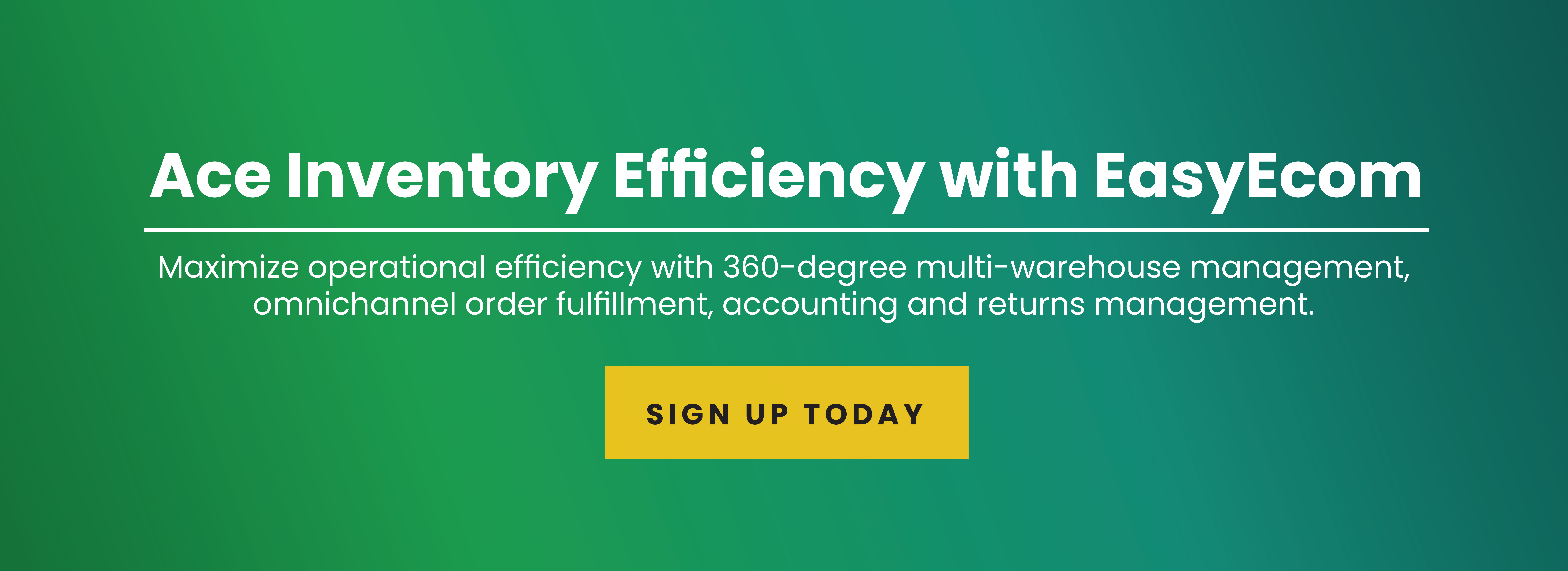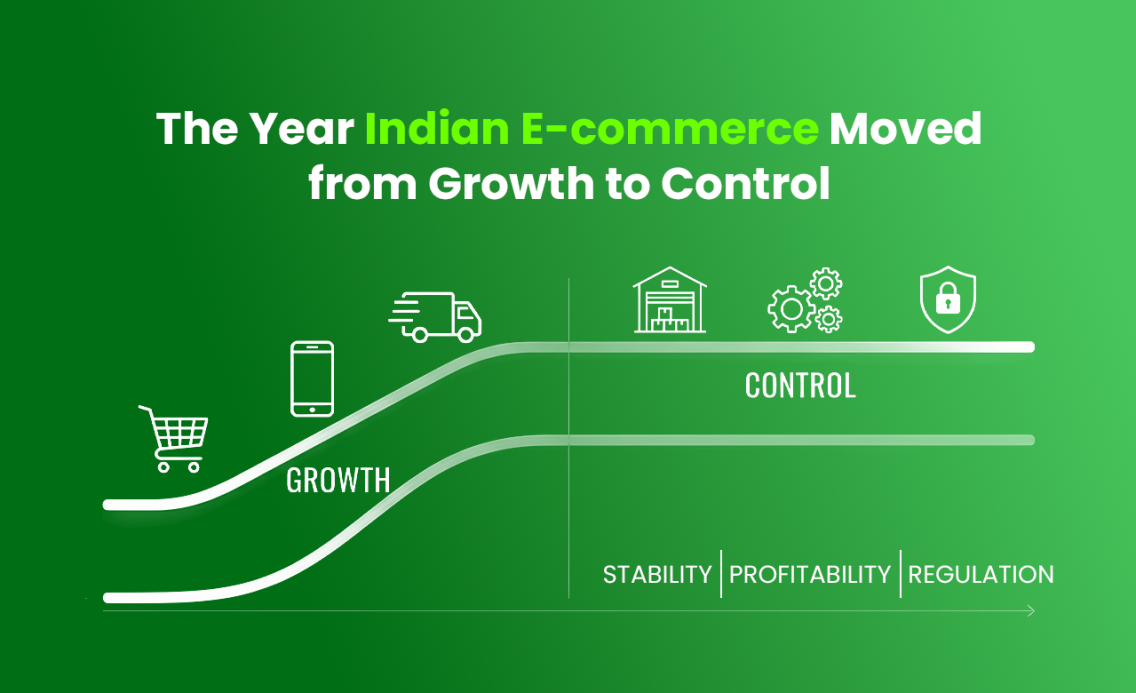In a world where everything is available at the click of a button, consumers prefer faster delivery over free shipping. They are already familiar with the concept of receiving “food” within an hour after ordering online, and the foundation of micro fulfillment works on the same principle. The concept simply aims at being closer to customers to offer faster deliveries. Companies like Pickrr, WareIQ, Ohi, Vanderlande ,etc. already offer one-day delivery and logistic automation with their warehousing network distribution across urban population centers. It wouldn’t be a surprise that we will be able to receive deliveries within a matter of hours, just like food. It seems far-fetched, but at least that’s where we are headed to.
Micro-fulfilment or warehousing in eCommerce refers to the concept of running small-scale warehouse facilities at accessible locations that are closer to the end consumers. While some of these micro warehousing companies can either have their own dedicated storage buildings, others might lease out spaces at corporate complexes as per their operation scale. The introduction of micro-warehouses is making instant delivery services more seamless and affordable. Furthermore, the concept is a breather for fulfillment congestion in the urban areas. The premise behind micro fulfillment is quite straightforward- Optimize the efficiency and speed of online order fulfillment while taking the load off of the retailers storing and managing their inventory on their own.
The idea of micro fulfillment establishes a hub-and-spoke like distribution model for the companies where the regional Delivery Centers (DC) act as hubs and Micro Fulfillment Centers (MFCs) work as spokes placed within the proximity to urban population centers. Adopting the micro fulfillment strategy not only shortens the last-mile distance but also gives an option for in-store pickup fulfillment model.
eCommerce Trends Behind the Rise of Micro Warehousing
- eCommerce growth: As more and more consumers are migrating to online platforms to buy everything online from household items, groceries, accessories, etc, eCommerce sellers need to support direct-to-consumer delivery as well as fulfillment. Micro warehousing takes care of both the operations leaving a minimal scope of logistic related operations to the business owner.
- Reducing warehouse space: Brands operating online usually have limited available storage space, so it becomes utterly important for sellers to have high-density options for effective in-store fulfillment strategies, hence, micro fulfillment.
- Rising delivery expectations: As per the latest statistics by invespcro, over 56% of consumers in the age range of 18 to 35 expect same-day delivery. The increasing Service Level Agreements (SLAs) are regulating the need for an upgrade to the last-mile or last-hour delivery methods and fulfillment strategies. The conventional manual fulfillment processes are already giving retailers a tough time, so they also need an improvement in their strategies.
- Expanding Product Portfolio: The cut-throat competition among the brands with the unlimited expansion of product varieties largely affects fulfillment complexities and even the established e-commerce players struggle with them. However, fulfillment automation has proven to be a very effective tool to address these situations, and especially for the grocers that have the added disadvantages of managing foods that are either dry, refrigerated or frozen.
- Urbanization: Nearly half of the world’s population live in urban areas and these figures will increase exponentially in the coming years. Placing micro fulfilment facilities and fulfillment centers within the urban-population proximity remarkably improves the later parts of supply chain management.
- Workforce Limitation: Nearly one-third of distribution and fulfillment operations usually experience high turnover rates. These high numbers along with shortages of qualified staff call for a major digital transformation and a momentum change for automated fulfillment processes.
- Essentials Going Online: The aftermath of a widespread pandemic has pushed a lot of leading grocery and essentials brands to an unfamiliar territory of online retail. This doesn’t come as a surprise, as most of them are not adequately equipped to meet the online fulfillment demand. Grocers, in particular, incur heavy losses without automation in place, and they also experience major customer loss. The need for a cost-effective and optimized home delivery fulfillment model that meets customer expectations is the immediate sustainable option.
- Replenishment Issues: The fulfillment burden on online sellers for rising customer demands can also often lead to inadequacies in the replenishment process, which, in turn, result in several stocking issues like out-of-stock situations; the inability to fulfill online orders; and, of course, irritated customers. Micro warehousing in eCommerce largely solves these issues and allows ample time for replenishment.
- Quick and Sustainable Implementation: The ability to be on your feet in this forever changing market with dynamic customer demands has become a major differentiating factor for online sellers. A variety of supply chain disruptions can pose unexpected challenges in online demand, and this is why sellers need a quick, scalable, and a sustainable micro fulfillment solution that can be easily implemented to meet unpredictable fulfillment demands for different regions. A quick and scalable solution like this one also helps with efficient handling of expiring products, which often becomes troublesome in larger, company-owned warehouses.
How does Micro Warehousing Help eCommerce Businesses?
Optimize your Supply chain
With the pandemic-catalyzed delays and constant eCommerce disruption by retail giants like Amazon and Walmart, online sellers can use several techniques to overcome supply chain kinks. Warehouse management and fulfillment to the end consumer is one of the most painful areas for eCommerce sellers, and it directly affects their customer retention and brand reputation. In these challenging scenarios, micro fulfillment facilities come to the rescue.
Compete with the Giants
Like we mentioned before, retail giants have already been disrupting the supply chain, it is hard for small eCommerce sellers to stay in the game. Micro warehousing in eCommerce allows them to keep up with the competition, especially when the competition for selling similar products is so cutthroat. Having said that, not all brands can benefit completely from this option because of the nature of their products and additional requirements, but it most certainly offers the luxury of competing with big brands. Since consumers have been favoring Amazon and Walmart because of same- and next-day deliveries, micro warehousing remains one of the best options for smaller companies to gain some traction and build stronger customer relationships.
Enhancing Customer experience and building trust
The value of a product or a brand increases multiple folds if the delivery expectations are met. Micro warehousing companies offer you just that. Same-day or next-day deliveries count for a major share of the customer experience. Also, the reduced distance between the product and the consumer ensures that it reaches them in its best state without having to go through multiple transits. Additionally, a properly organized fulfillment structure also gives room to personalize deliveries as per customer requests.
Reduction in Shipping Costs
One of the biggest perks of migrating to a micro fulfillment center is the considerable drop in shipping costs. Managing end-customer deliveries on your own with limited resources and logistics network constraints can increase the operational costs and impact efficiency. The saved capital from the external fulfillment and warehousing options can be used to further accelerate business growth.
The Future of eCommerce with Microwarehousing
Services offered by Amazon Prime and Walmart nearly made it impossible for smaller brands to compete but the introduction of micro fulfillment companies is already changing the dynamics and democratizing the eCommerce ecosystem. This will ensure that everyone gets a relatively similar ground play and the upcoming eCommerce brands have a safety net for efficiency and flexibility to their customers.
The short distance run to reach the end consumer in the localized region aka the “last-mile delivery” is known to be one of the biggest pain paints for eCommerce sellers. But owing to the exponential rise of micro fulfillment, last-mile pain points are slowly becoming a thing of the past.
Here are some of the most fast-growing micro warehousing companies that are revolutionizing the logistics industry:
- TakeOff Technologies: This brand offers grocery fulfillment solutions, lowering last mile and assembly costs with their automation technology.
- Fabric is yet another brand that claims on-demand fast fulfillment for grocery, eCommerce accessories, along with B2B stock replenishment.
- WareIQ promises Amazon-like next day delivery for eCommerce companies in India. The company empowers brands to run their eCommerce businesses with fulfillment centers near the end customers and tools to maintain control over inventory, orders, and shipments on a unified platform.
- Ohi, is another emerging logistics- tech startup offering an “Amazon Prime Now” experience with same-day delivery and superior service levels.
- Shopify Fulfillment allows you to select items for fulfillment from the admin panel and ship via their full-service distribution network.
- ShipBob, a tech-powered 3PL fulfills orders for DTC eCommerce brands. The brand is an end-to-end fulfillment provider that helps improve delivery time, costs, and overall customer experience.
There are a lot of other such companies making their way to the mainstream logistics industry with their instant service models. With rising eCommerce brands and their operating areas, limited resources to maintain inventories, and unpredictable customer demands, micro warehousing is one of the most sustainable options that is rapidly making its way through the entire digital commerce ecosystem. The concept is relatively new and unfamiliar to a lot of online retailers but promising, nonetheless. We say that “Micro warehousing is the future of Retail”.
Do you agree with our assumption? What are your thoughts on the subject? Let us know in the comments section below.

.png)











